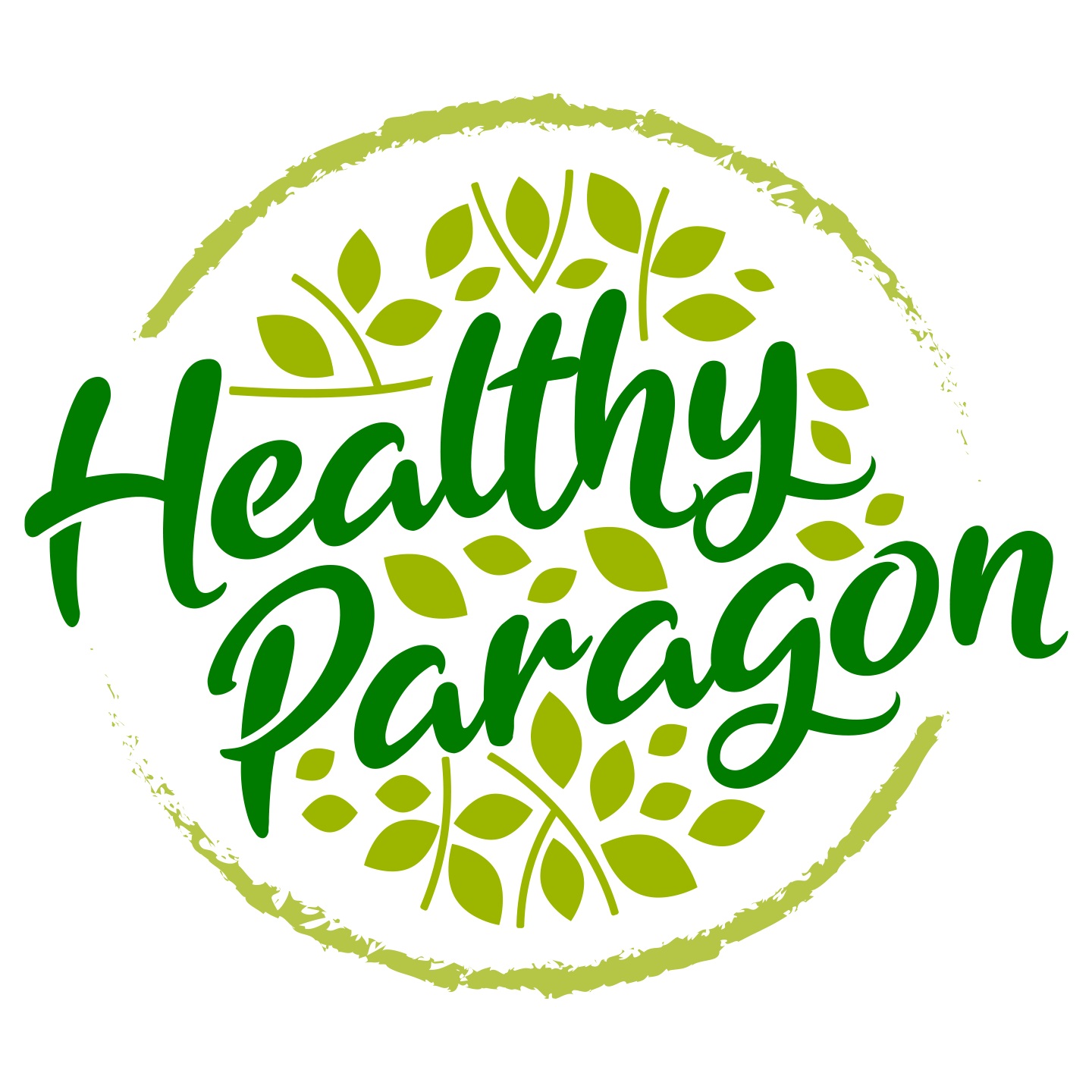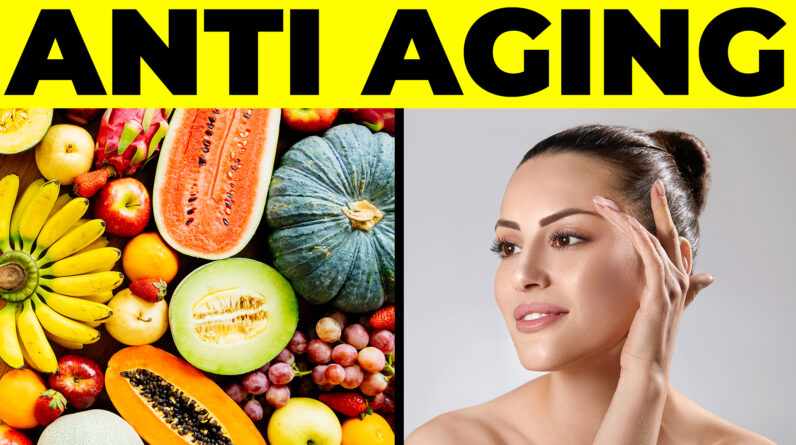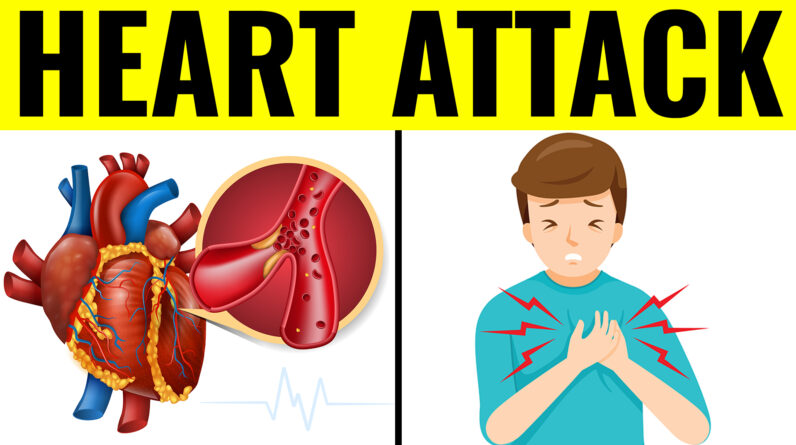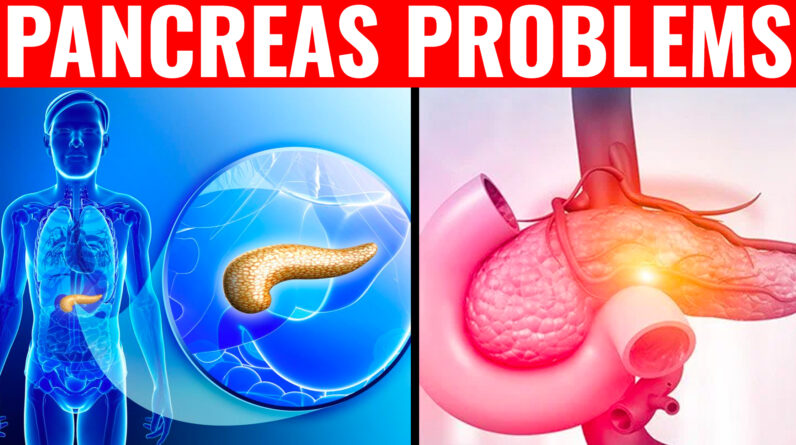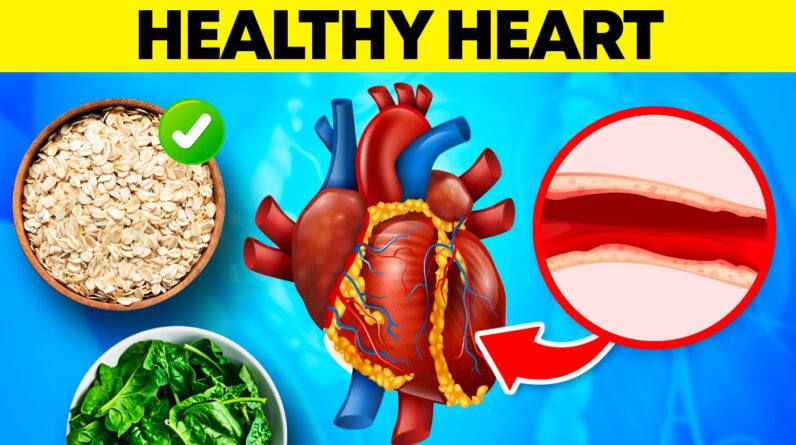
Keeping your heart healthy is more than cutting food out. It is about eating the right foods too. In today’s article, we present the top ten best foods you need to start eating to keep your heart working right. Good thing is, many of them are foods you already love. So, without further ado, let’s go!
#1 Oats and Barley
Oats and barley contain a type of soluble fiber called beta-glucan in their cell walls which provide many health benefits for the body.
For one, it regulates your body’s response to insulin, enhances immune cell function, and also protects the body during chemo and radiation.
But its biggest benefit to the heart is that it helps to reduce cholesterol levels in the blood. It does this by binding to cholesterol and bile acids in the intestines in order to prevent the absorption of these substances into the body. So, if your blood cholesterol is high, then try including oats and oatmeal in your breakfast menu regularly.
You can also include other grains like wheat, sorghum, and rye as they also contain beta-glucans. However, try to limit your intake of these other grains and eat them less in comparison to oats and barley.
Other non-grains that supply beta-glucans include seaweed, different mushroom species like shiitake, maitake, and reishi, as well as baker’s yeast.
By eating only 3 grams of beta-glucans daily, you can bring down your cholesterol levels by up to 10%. And all you need to achieve 3 grams of beta-glucans daily is to eat one bowl of oatmeal every day or have an oatmeal cookie snack.
#2 Salmon and Other Types of Fatty Fish
Fatty fish contain omega-3 fatty acids which are important for heart health. Examples of fatty fish include salmon chiefly, mackerel, albacore tuna, lake trout, herring, and sardines.
Other seafood that have also proven to be great for the heart include oysters, squids, and lobster. All of these also contain omega-3s, specifically LC omega-3, the long-chain type, which are full of EPA, DPA, and DHA.
The amazing thing about long chain omega-3s is that it has been proven that they have the ability to keep the heart beating at a regular rhythm as well as prevent heart attacks. It’s also been proven that they keep the blood from clotting, reduce blood pressure, and help to maintain healthy blood vessels while also reducing triglycerides and lowering inflammation.
Omega-3 acids from plants are not as beneficial as they do not contain DHA and EPA. This is why your best bet at getting these all-essential long chain omega-3s is to source them from fatty fish. As little as 3.5 ounces of fatty fish added to your diet twice a week is enough to give you all the omega-3s your body needs per week.
But don’t forget to cook your fish properly else they can become unhealthy. Broiling, baking, grilling, or poaching in water remain your best as oil brings with it a lot of calories. And if you don’t like fatty fish, you can always use a fish oil supplement instead.
#3 Dark, Leafy Vegetables
Spinach, Swiss chard, mustard greens, salad greens, kale, and collard are packed full of vitamins and antioxidants which help to eliminate harmful toxins from the body. However, they are on this list of best foods for the heart specifically because they contain calcium, potassium, and magnesium.
It’s been proven that potassium helps to limit the effects of sodium on the heart. And aided by calcium and magnesium, potassium also helps to relax the walls of the blood vessels which helps to reduce blood pressure while increasing blood flow.
Besides, green veggies have only very little calories. For example, spinach has only 7 calories while kale has 33. Plus, they are full of fiber which reduces blood cholesterol, prevents constipation, and keeps you feeling full for longer, thus indirectly helping to control the weight. And of course, a healthy weight is necessary for a healthy heart.
#4 Nuts and Seeds
Nuts and seeds, especially the unsalted ones, are rich in potassium, magnesium, and other critical minerals that help to regulate blood pressure.
For example, research carried out on pistachios showed that these nuts can control blood vessel tightening, blood pressure, cholesterol levels, and heart rate. But make sure to watch it with your nut intake too as it’s been proven that one serving of nuts is better than two servings.
Besides pistachios, there are other wonderful nuts you can also take that have been proven to work well for the heart. They include pecans, flaxseed, almonds, macadamia nuts, walnuts, and hazelnuts. Especially walnuts because it contains omega-3 fatty acids, even though it’s the short-chain kind. But though the omega-3 from walnuts is the short kind, it is not totally useless because research has shown that the omega-3 found in walnuts, flaxseed, and canola oil can help to fight heart disease and high blood pressure as well.
But of course nuts have an extremely high caloric content. So, try not to overindulge.
#5 Beets
Beets make it to the list because of the fact that they are rich in nitric oxide, and studies show that nitric oxide is really good for the heart because it opens your blood vessels and reduces your blood pressure.
In fact, in a small study carried out on Australian men and women, drinking only two and half cups of beet juice helped to reduce systolic blood pressure significantly in just six hours.
Plus, beets and beet juices also supply the body with betalain, a powerful antioxidant that has caused scientists to begin to look into how beets can be used to treat life-threatening diseases like cancer, heart failure, and arthritis.
#6 Avocados
Avocados are nutrient-packed and help to lower blood pressure too. In fact, researchers have said that having just one avocado a day might be effective enough to eliminate the need for drugs in people with high blood pressure.
Avocados come packed with monounsaturated fats which help to remove bad cholesterol, maintain the good cholesterol, and altogether reduce your cholesterol levels. It also helps to control your insulin which is important for people with prediabetes or type 2 diabetes.
#7 Olive Oil
Olive oil not only helps your brain and reduces your risk for breast cancer, it also helps your heart. It is full of monounsaturated fatty acids which we know helps to reduce triglycerides and bad cholesterol while increasing the good cholesterol also called HDL.
In a study carried out on 300 Spanish men and women who showed risks for cardiovascular diseases, it was found that high levels of HDL from olive oil performed better than HDL from nuts.
HDL is very important because it removes bad cholesterol and triglycerides and simultaneously helps to increase good cholesterol. It’s why it’s nicknamed the friendly scavenger.
#8 Legumes
Of course this list would be incomplete without legumes. Legumes, ranging from beans to chickpeas, to lentils, to black-eyed peas are rich in soluble fiber which help to reduce cholesterol and triglyceride. They also remove the bad cholesterol by binding to it and eliminating it.
Legumes do not contain cholesterol at all and are only 3% fat. They are also chock-full of minerals and vitamins like manganese, iron, copper, magnesium, phosphorus, zinc and B vitamins. On the glycemic index, legumes fall really low which means they don’t raise your blood glucose level at all and are, instead, full of protein.
To really get the benefits of legumes, avoid the canned types as they are full of salt which can increase your blood pressure. And if you must have them, make sure to rinse with plenty of water first before eating.
#9 Low-Fat Dairy
Dairy can help keep your heart healthy even though it does not seem likely. Examples of dairy that are good for the heart include cheese, milk, and yogurt. They are rich in potassium, magnesium, and calcium which help to control your blood pressure. But keep in mind that dairy contains a high amount of saturated fat which is why you have to make a conscious effort to buy low-fat dairy products only.
#10 Low-Sodium Diet
Finally, we have a low-sodium diet which is perhaps one of the best things you can do for yourself to keep your heart healthy. So, instead of trying to remove a couple of foods, why not focus on eating a much better, well-rounded diet overall?
It’s okay to try to include a superfood in your daily menu. But it’s even better to eat a wide range of healthy foods, foods that are nutrient-dense and not packed full of salt.
Typically, most of our salt intake comes from processed foods, especially breads and rolls, sandwiches, cold cuts and cured meats, chicken and soup. The American Heart Association has singled out these six foods as top offenders in the high-salt content category. So, making the effort to cut these out from your diet or, at least, reduce them would really go a long way for your heart.
